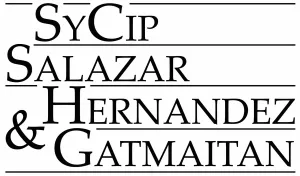Advances in artificial intelligence (AI) have created new challenges as to how we deal with various issues, chief among them being job security for service industry participants, including legal professionals. In a statement made to news agencies, Dean Andrew Perlman of the Suffolk University Law School encouraged law students to learn how to use ChatGPT "as a tool in their legal research and writing classes" and even posited that legal professionals of the future may "be expected to make queries to chatbots and other tools to at least get an initial draft of a document." This after he had tested ChatGPT's prowess in "drafting a brief to the United States Supreme Court on why its decision on same-sex marriage should not be overturned" and concluded the response to be "a pretty solid effort" on the part of the AI.
We sought to engage in a similar experiment as Dean Perlman. We asked ChatGPT questions on Philippine law.
Below are its responses.



While the answers are not to tee and lack certain nuances, they are, in Dean Perlman's words, a "pretty solid effort" on ChatGPT's part. Nevertheless, advice on more complex questions and issues that require integration, awareness of policy, and local knowledge may not be within an AI's grasp, at least not yet.
Read the latest SyCipLaw TMT and Data Bulletin here or via this link.
The content of this article is intended to provide a general guide to the subject matter. Specialist advice should be sought about your specific circumstances.

